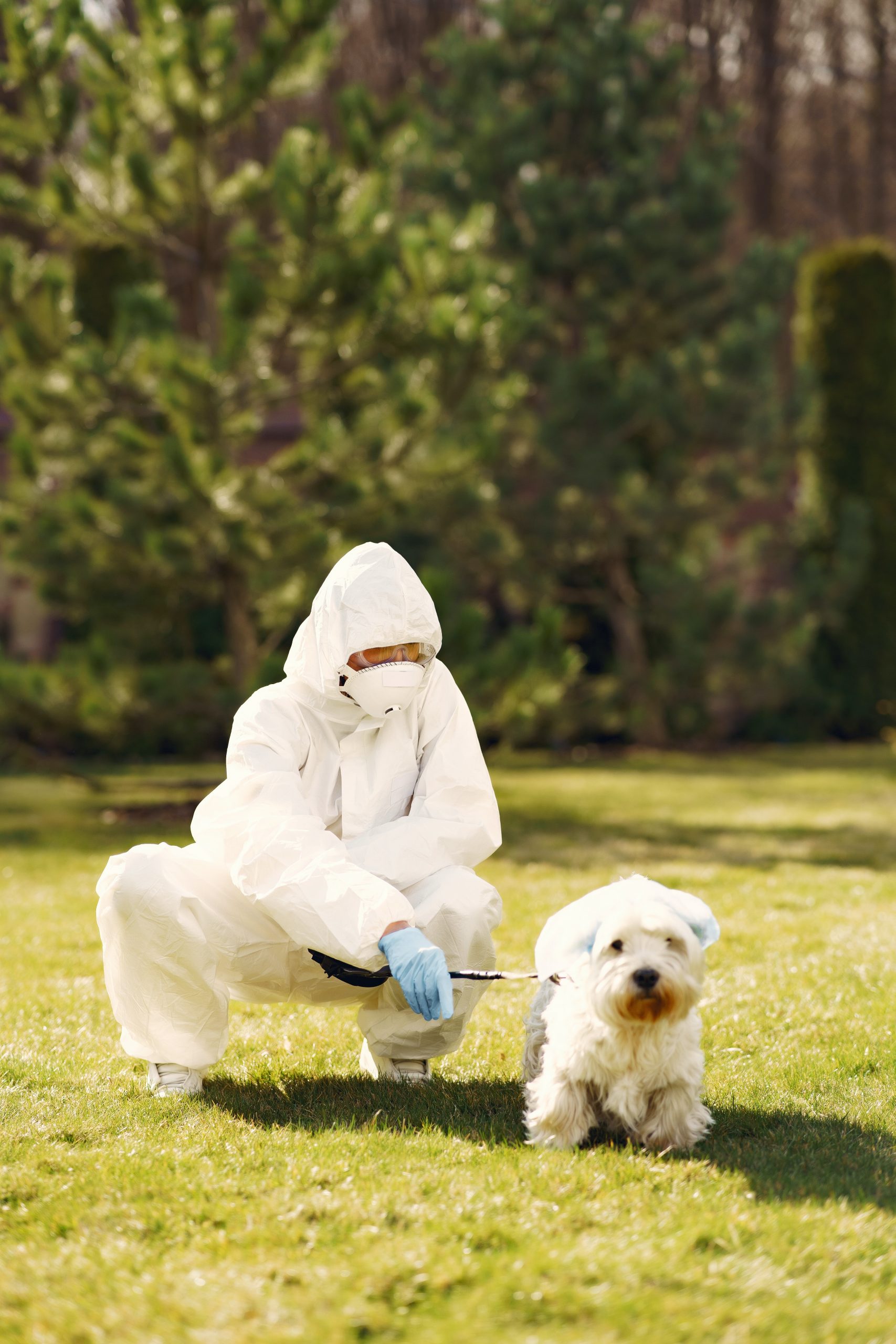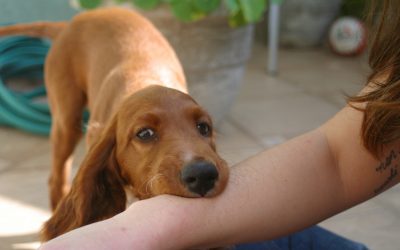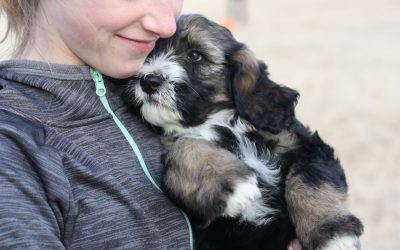If you are a new puppy owner, or if you are putting thought into whether or not to get a puppy, you will no doubt have heard the word ‘socialisation’ banded around, and you will probably know how important it is to socialise your puppy. But what does socialisation actually mean, and what does it entail?
Socialisation is the process of creating positive associations with anything they will be expected to cope well with as an adult dog. Depending on the breed, the socialisation window closes between 12 and 18 weeks of age, and the experiences that your puppy has during this time will have a lasting effect on their behaviour as an adult dog. This process is so important in order to help prevent any potential behavioural problems in later life, and should be your main focus as a new puppy owner.
As I have previously mentioned, socialisation is all about creating a positive association with various things…it is not enough to just expose your puppy to them. If your puppy is, for example, just exposed to a large number of children crowding round them, this could possibly cause your puppy to feel overwhelmed, intimidated and fearful. This will, in turn, be creating a negative view of children for that puppy. In order to successfully socialise your puppy to children, they need to learn that the presence of children is great, and means fun stuff happens, or delicious food appears whenever children are around.
When socialising your puppy, it is vital you take things at your puppy’s pace. If you force your puppy into a situation he cannot handle, this will again cause a negative association. Encourage and reward your puppy for investigating the world at their own speed. If at any point your puppy looks fearful or uncomfortable in any way, help them out and move them further away from that stimulus. With the previous example of children…..a puppy doesnt need to be right in the middle of a crowd of children to have a positive association with them. Before the sensitive socialisation window closes, it is imperative that your puppy has as many GOOD socialisation experiences.
So…how do we go about socialisation and what should we socialise our puppies to? The answer is everything!! Everyone knows that they should socialise their puppy to other dogs, but there are so many other things we need to bring into the mix! Lets have a look at the main categories:-
* Dogs (and other animals)Before your puppy is around 16 weeks, they should have positive experiences with anywhere between 50 and 150 dogs. And contrary to popular belief, socialising with dogs does not mean they always have to be off lead, romping around with each other….in fact it is more beneficial if this is not the case! Puppies do need to learn to interact off lead with other dogs, but it is also just as important to teach them that they do not have to always go and greet other dogs. This is an important part of socialisation and is one that is often missed!
Try to socialise your puppy with a variety of dogs…..different ages, breeds, sizes, play styles, colours etc. If your puppy only meets long nosed, or light coloured dogs, then it can react very differently to a flat faced or black dog when it eventually meets one. Dogs can often find black dogs worrying because they cant read their facial expressions as well, so colour is a very important factor in the socialisation process.
As well as dogs, socialising your dog to other animals such as sheep, cows, horses, cats, birds, rabbits etc will be very important.
* Handling your puppy
Throughout dog’s life they are expected to have a lot of handling by humans….grooming, being examined by the vet, clipping nails, bathing etc, so it is important that your puppy not only gets used to being handled in all sorts of ways, but they have a positive association with the process. So start to get your puppy happy with you gently raising an ear to check inside…..gently lifting their tail, looking at their teeth, inbetween their toes….all the while pairing this experience with good things such as a stuffed kong, or some yummy treats. This will be beneficial not only for you at home, but also when you need to take puppy to the vets. Incidentally I would also start early on to create a positive association with the vet….dont only take puppy in their when he has to have vaccinations or be examined…take him in at regular intervals just to sit in the waiting room and feed him treats…..ask one of the nurses or vet to feed him treats…encourage him onto the weighing scales and reward him so that he pops himself on the scales voluntarily in the future.
* Noises
Dogs hearing is far more sensitive than ours, and consequently noises that to us as insignificant, can be scary or aversive to dogs. So start to create a positive association with a wide variety of noises for your puppy by pairing the sound with something good like food, a game of tug, lots of gentle affections…but remember whatever you use to reward your puppy HAS to be something that your puppy finds motivating. Do not use a game of tug if your puppy is not a lover of tug! Examples of noises to work on are….lawnmower, fireworks and thunder, airplanes, wheelie bins, lorries, car horns, motorbikes and cars, the doorbell…the list is honestly endless!
* People
Socialising your dog to a wide variety of people is also critical. Your puppy needs to see people with beards, sunglasses, hats, rucksacks, with umbrellas, walking sticks or zimmer frames, deep voices, tall and short people, people in wheelchairs, people pushing prams, people of different colours, people carrying shopping or boxes, people in uniform.
* Different Surfaces
Your puppy needs to learn to be comfortable walking on a variety of different surfaces, so start to find different textures for your puppy to stand and walk on. Sand, concrete, grass (wet and dry), metal gratings, rocky surfaces, water.
* Environments
Another important part of the socialisaton process is ensuring your puppy feels comfortable and happy in a variety of different environments….so take them to the pub, a cafe, to watch your kids play in a football match….pop a mat down on the floor, give your puppy a stuffed kong and there we go – the start of a puppy you can take anywhere with you! Plus it means an excuse to go to the pub!
This extends to puppy classes as well. It is a good idea for your puppy to attend a well run puppy class who uses only modern, reward based methods, as early as possible. It is not always necessary (or beneficial for your puppy) to wait until a week after your pup’s final vaccination, as by that time the most important time for socialisation has nearly passed by. Even if you are doing well with basic training at home, a good puppy class will set you and your puppy up to succeed and will teach your puppy invaluable skills and help you socialise your puppy to be a well rounded and happy adult dog.
Angela Doyle – Polite Paws Dog Training 2016




